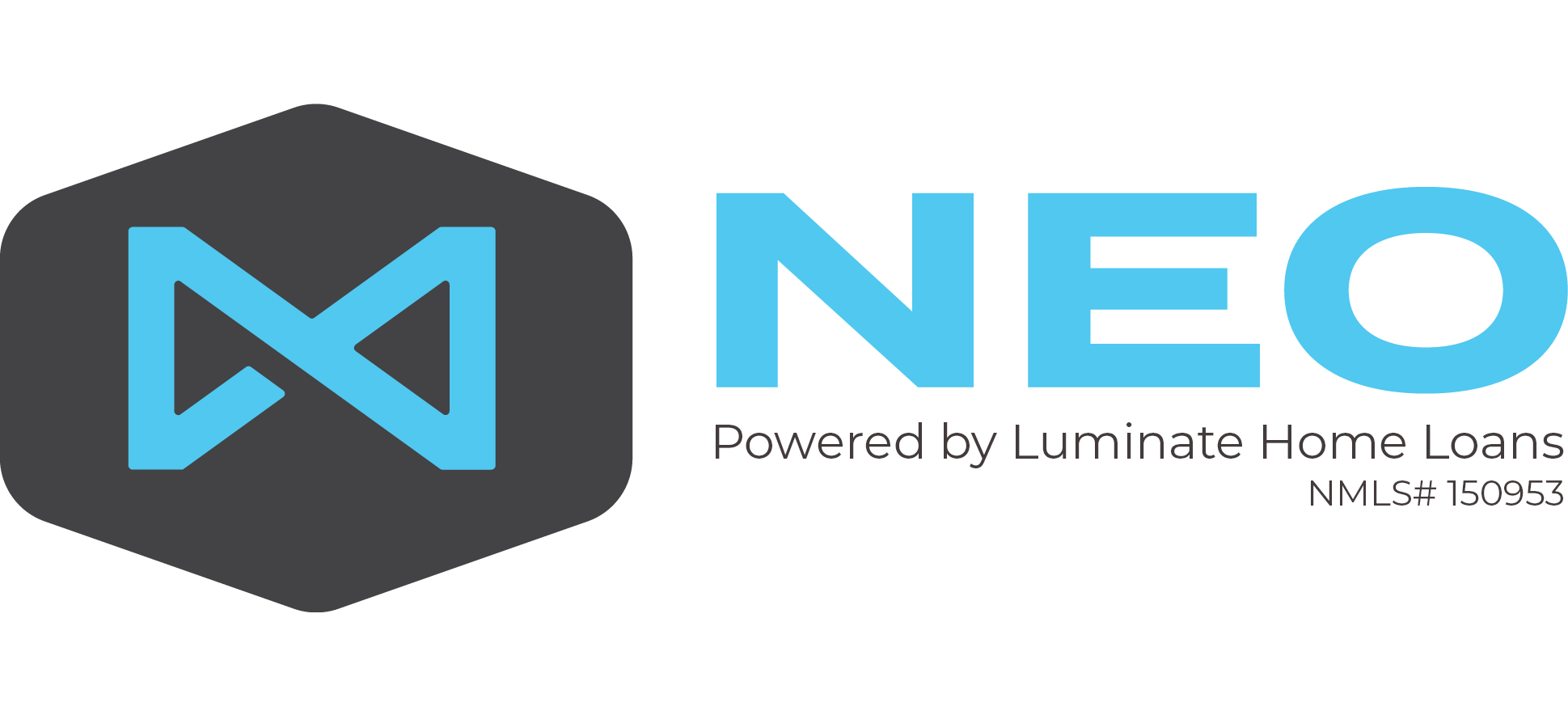If you’re thinking of buying a home this year, you may be wondering how much money you need to come up with for your down payment. Many people may think it’s 20% of the loan to secure a mortgage. While there are plenty of lower down payment options available for qualified buyers who don’t want to put 20% down, it’s important to understand how a larger down payment can have great benefits too.
The truth is, there are many programs available that allow you to put down as little as 3.5%, which can be a huge benefit to those who want to purchase a home sooner rather than later. Those who have served our country may also qualify for a Veterans Affairs Home Loan (VA) and may not need a down payment. These programs have really cut down the savings time for many potential buyers, enabling them to start building family wealth sooner.
Here are four reasons why putting 20% down is a good plan if you can afford it.
1. You won’t have to pay Private Mortgage Insurance (PMI)
What is PMI? According to Freddie Mac:
“PMI is an insurance policy that protects the lender if you are unable to pay your mortgage. It’s a monthly fee, rolled into your mortgage payment, that is required for all conforming, conventional loans that have down payments less than 20%. Once you’ve built equity of 20% in your home, you can cancel your PMI and remove that expense from your mortgage payment.”
When you put down less than 20% when buying a home, your lender will see your loan as having more risk. PMI helps them recover their investment in you if you’re unable to pay your loan. This insurance isn’t required if you’re able to put down 20% or more.
2. Your interest rate may be lower.
A 20% down payment vs. a 3-5% down payment shows your lender you’re more financially stable and not a large credit risk. The more confident your lender is in your credit score and your ability to pay your loan, the lower the mortgage interest rate they’ll likely be willing to give you.
3. You’ll end up paying less for your home.
The larger your down payment, the smaller your loan amount will be for your mortgage. If you’re able to pay 20% of the cost of your new home at the start of the transaction, you’ll only pay interest on the remaining 80%. If you put down 5%, the additional 15% will be added to your loan and will accrue interest over time. This will end up costing you more over the lifetime of your home loan.
4. Your offer will stand out in a competitive market.
In a market where many buyers are competing for the same home, sellers like to see offers come in with 20% or larger down payments. The seller gains the same confidence as the lender in this scenario. You are seen as a stronger buyer with financing that’s more likely to be approved. Therefore, the deal will be more likely to go through.
5. You have to.
If you are considering a purchase of an investment property (one you plan to rent out) then you will likely have to put 20% down. Most lenders require a 20% down payment to offset the higher risk of an investment property versus a primary residence.
Should You Put 20% Down?
First Time Home Buyers
If you’re looking to buy your first home, you’ll want to consider the benefits of 20% down versus a smaller down payment option.
Repeat Home Buyers
Many times, home sellers looking to move up to a larger or more expensive home are able to take the equity they earn from the sale of their house to put down 20% on their next home. With the equity homeowners have today, it creates a great opportunity to put those savings toward a 20% or greater down payment on a new home.
You may also want to consider where your money can work better for you as a part of your overall financial strategy – both short term and long term. One example would be higher interest rate debt or a debt that can free up a lot of cash flow on a monthly basis. Let’s say you have $10,000 balance left on an auto loan that could free up $500/mo in cashflow each month. That would likely serve you far better than putting that money towards a down payment, even if you had to pay mortgage insurance. You could then apply that extra $500/mo you freed up by paying off the auto loan to payoff your mortgage faster, eliminate mortgage insurance and save on interest over time.
Bottom Line
If you’re thinking of buying a home and are already saving for your down payment, let’s connect to discuss what fits best with your long-term plans.



![Homeownership Helps Protect You from Inflation [INFOGRAPHIC] Homeownership Helps Protect You from Inflation [INFOGRAPHIC]](https://lendingahand.com/wp-content/uploads/Homeownership-Helps-Protect-You-From-Inflation-KCM-Share.png)
